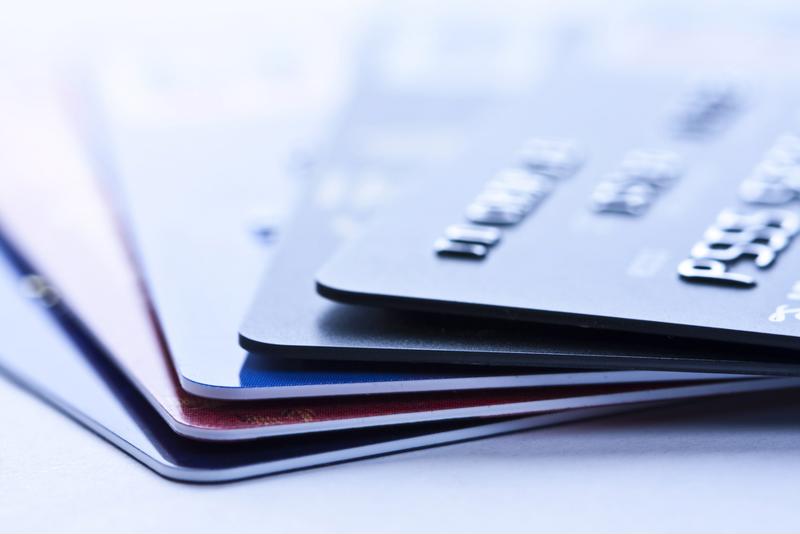Even if you meticulously budget and map out your monthly finances, you can still find yourself in credit card debt from time to time.
It could be from using a card on vacation or when you purchase a new computer and books for the start of a new school year. Or maybe you’ve had the same card for an extended period. In that case, depending on your credit score, you could be paying an interest rate from 15 percent to 30 percent.
Depending on your spending, you might be unable to pay off the balance in full when the following monthly statement rolls around.
While you can always choose to make the monthly payments, ideally higher than the minimum, there’s another option to eliminate debt faster. A credit balance transfer is a potential solution that you can use to avoid high interest and more. But you will need to use this method carefully because it doesn’t truly eliminate your spending history.

A credit balance transfer is a potential solution that you can use to avoid high interest and pay off credit card debt. But you will need to use this method carefully because it doesn’t truly eliminate your spending history.
What Is a Credit Transfer?
A credit transfer is when you look to open a new credit card that offers a 0 percent or very low interest rate for an extended period. There are also no additional fees to transfer an existing balance.
Think of this process as having a new credit card payment for your existing debt. If you transfer what you owe to a card that won’t charge interest for another 12, 14, or 16 months, you can quickly knock out your debt. That’s because all your payments are toward the balance, not interest charges.
Before you do this, you’ll want to calculate how long it will take for you to pay this debt. Remember, not all debt is bad, but significant balances will require more time. But if you have a modest amount of money owed and can pay it off in a year, transferring your debt might make financial sense. Most importantly, you can save money in the process.
How to Proceed
Once you open up a new line of credit, transfer your balance and immediately start chipping away. You’ll want to ensure you eliminate the debt before the introductory period expires. Otherwise, you’ll find yourself in the same predicament as before.
As for your old card, avoid canceling it because it can hurt your credit score. Instead, you’ll want to use it sparingly and for small purchases, such as gas. If you keep those purchases small, you shouldn’t have trouble paying those off in full every month.
You’ll also need self-discipline with the new card. Don’t make large purchases, or you’ll start the debt cycle over. If you aren’t careful, you could have two cards with high debt instead of one.
Credit card balance transfers can help chip away at debt quickly but use with caution.
Originally published April 2016
